A CBER report on entrepreneurship during the COVID-19 pandemic highlights how Nevada’s economy adapted, with increased business formation across several industries.
Nevada Led Nation in Post-Pandemic Small Business Growth
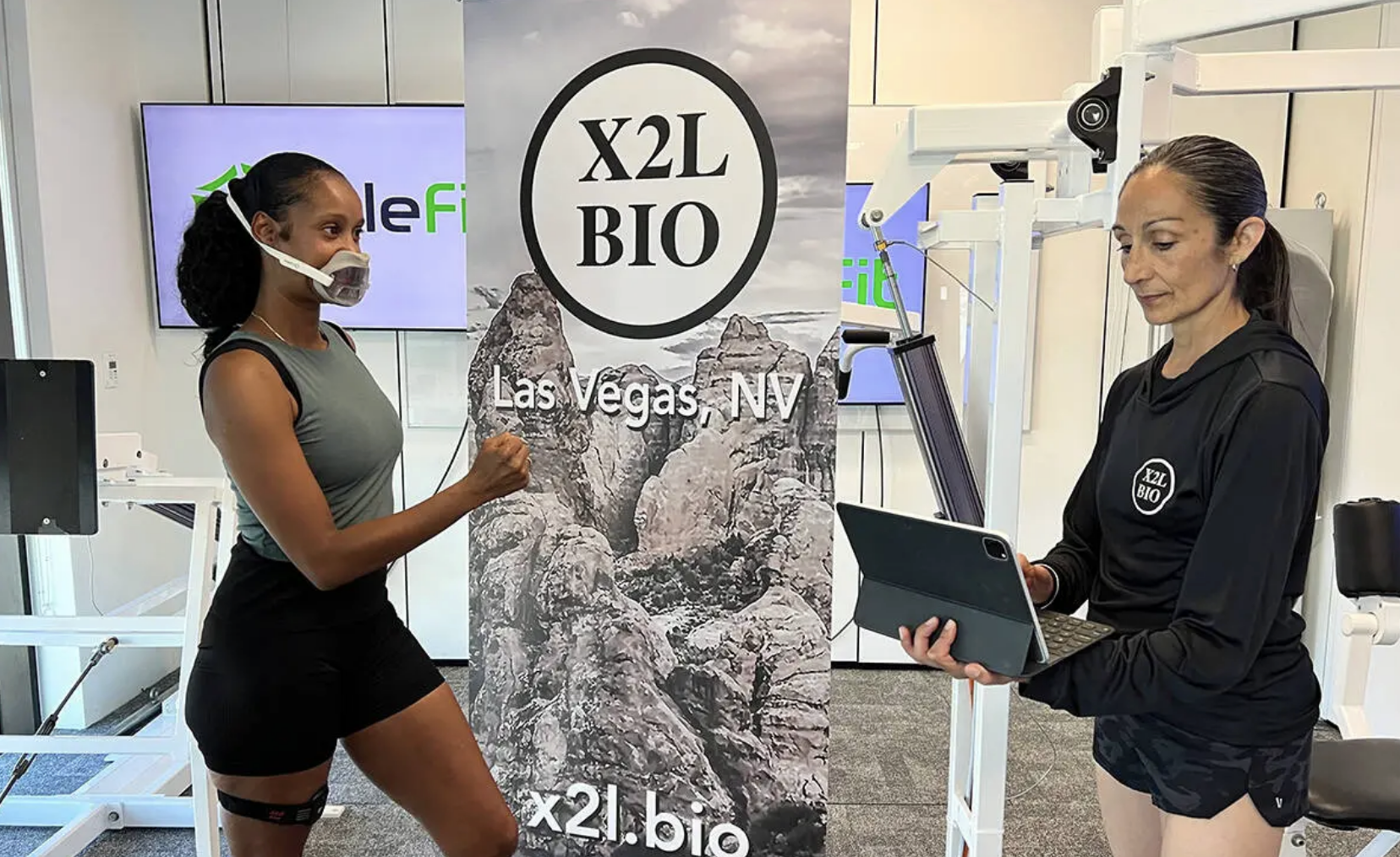
Search within this site.

A CBER report on entrepreneurship during the COVID-19 pandemic highlights how Nevada’s economy adapted, with increased business formation across several industries.
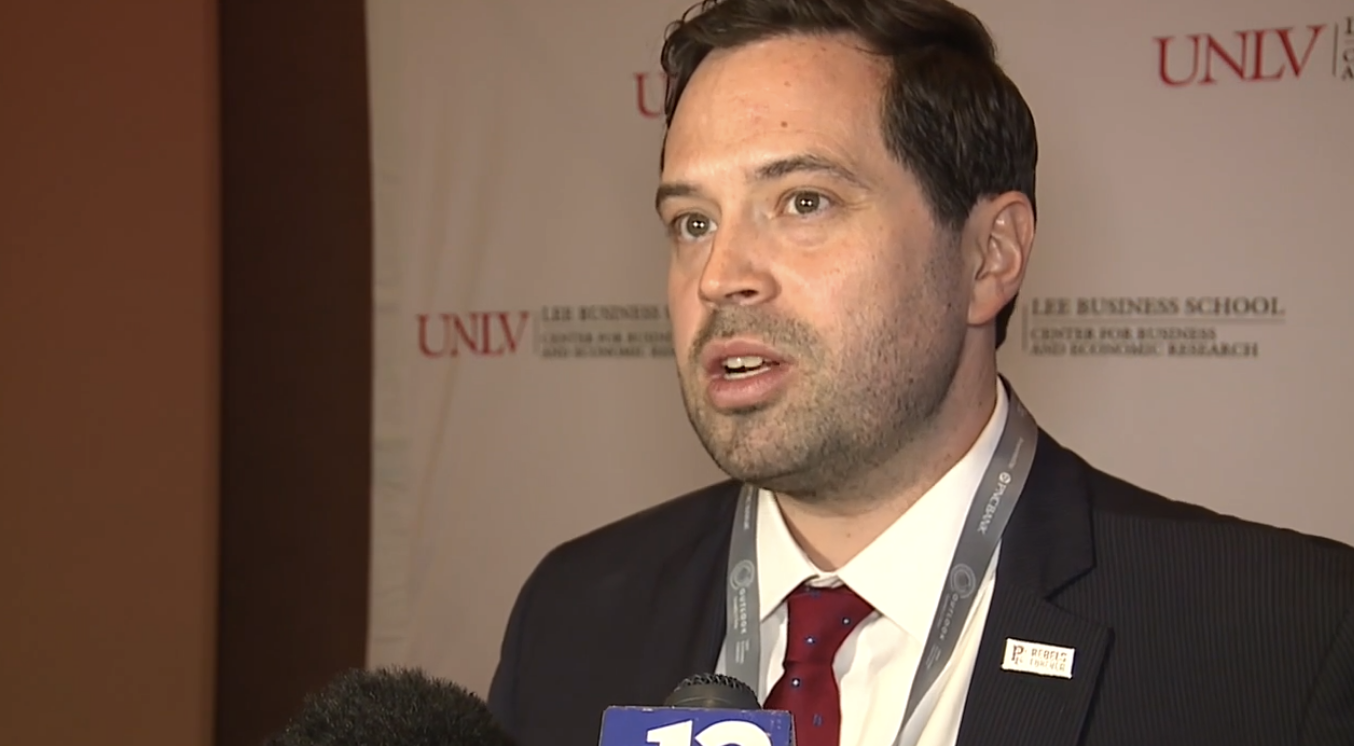
CBER Director Andrew Woods noted that many of the small businesses launched during the pandemic remain in operation today, reflecting Nevada’s evolving entrepreneurial landscape.

Stephen Miller, research director at UNLV’s Center for Business and Economic Research, discussed whether recent large-scale layoffs are being driven more by recession fears than artificial intelligence.
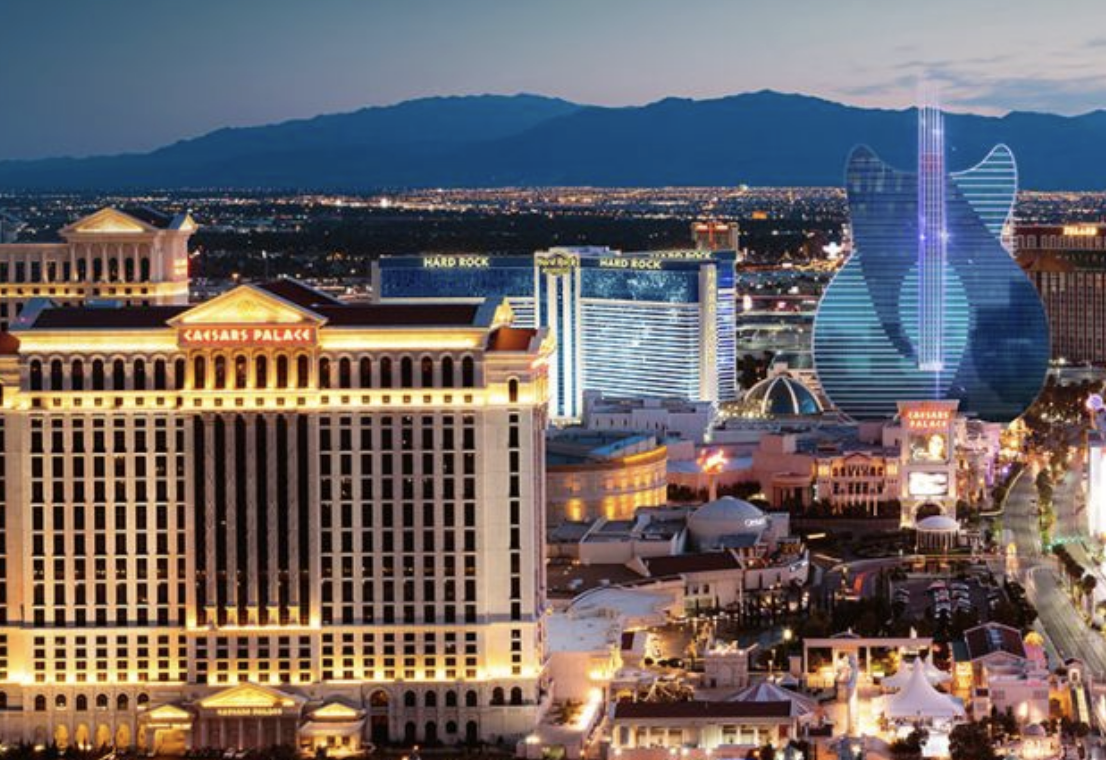
Andrew Woods, director of UNLV’s Center for Business and Economic Research, spoke with KSNV about ongoing tourism conditions and broader economic trends in Southern Nevada.
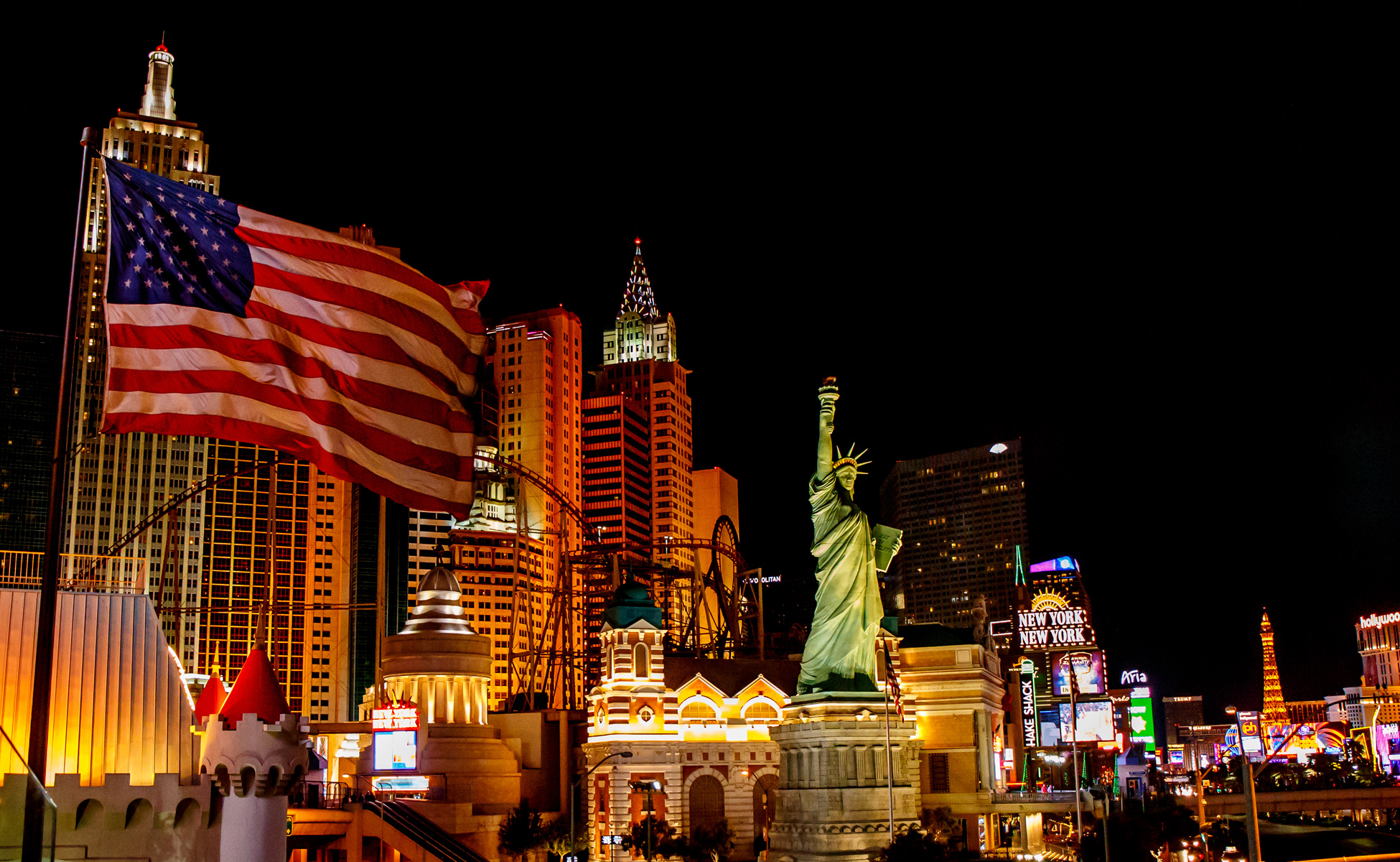
Andrew Woods of UNLV’s Center for Business and Economic Research discussed Las Vegas’ tourism slowdown and the potential boost from major conventions and events.
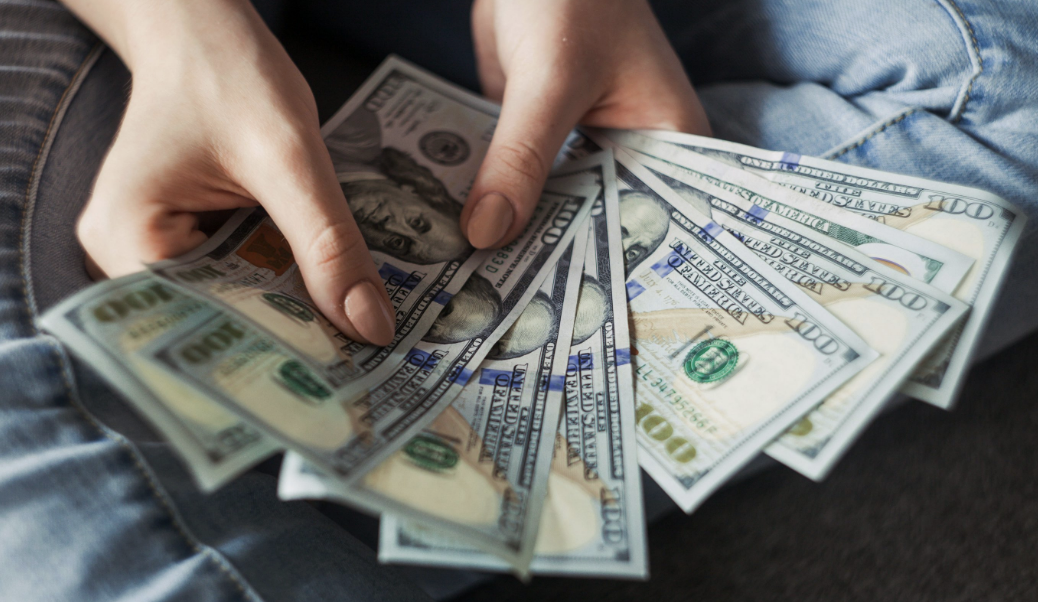
Stephen Miller, research director at UNLV’s Center for Business and Economic Research, weighed in on how capping credit card interest rates could affect consumers and broader economic activity.
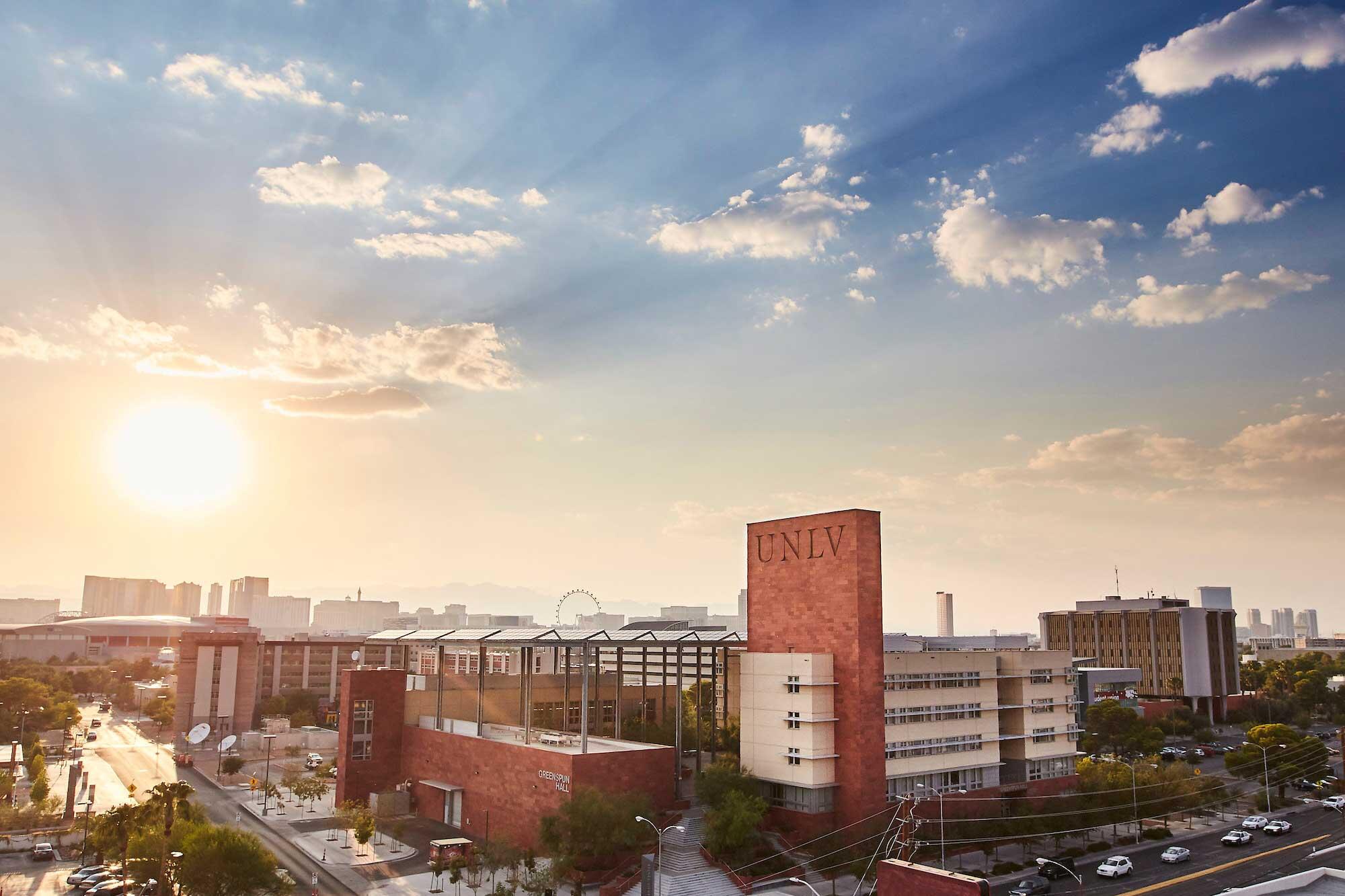
Andrew Woods of UNLV’s Center for Business and Economic Research shared insights on Nevada’s 2026 business outlook, contributing economic analysis on what state businesses can expect in the year ahead.
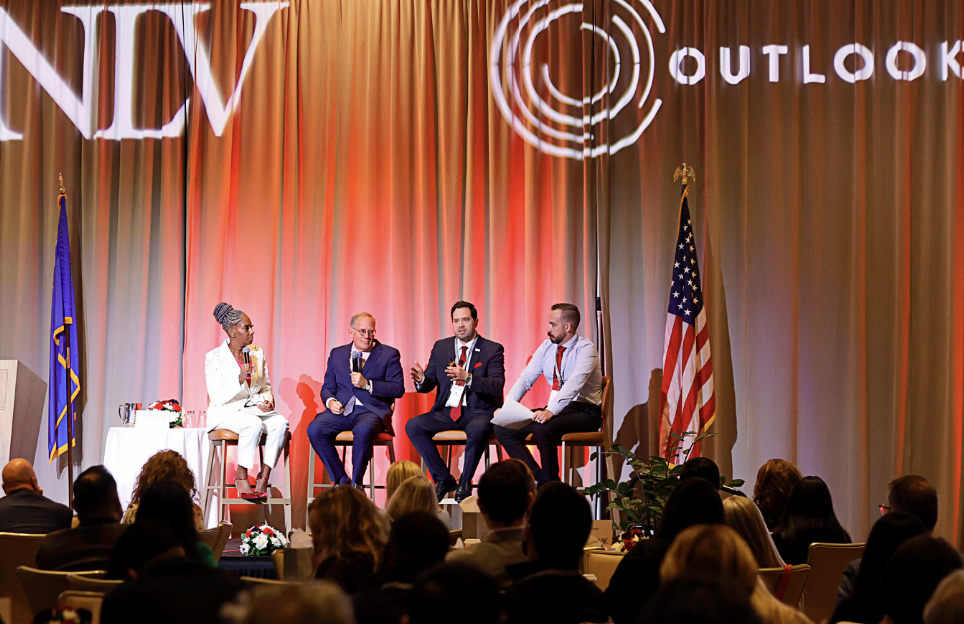
A UNLV white paper from the Center for Business and Economic Research finds Nevada experienced one of the fastest rates of new business growth in the nation following the pandemic.
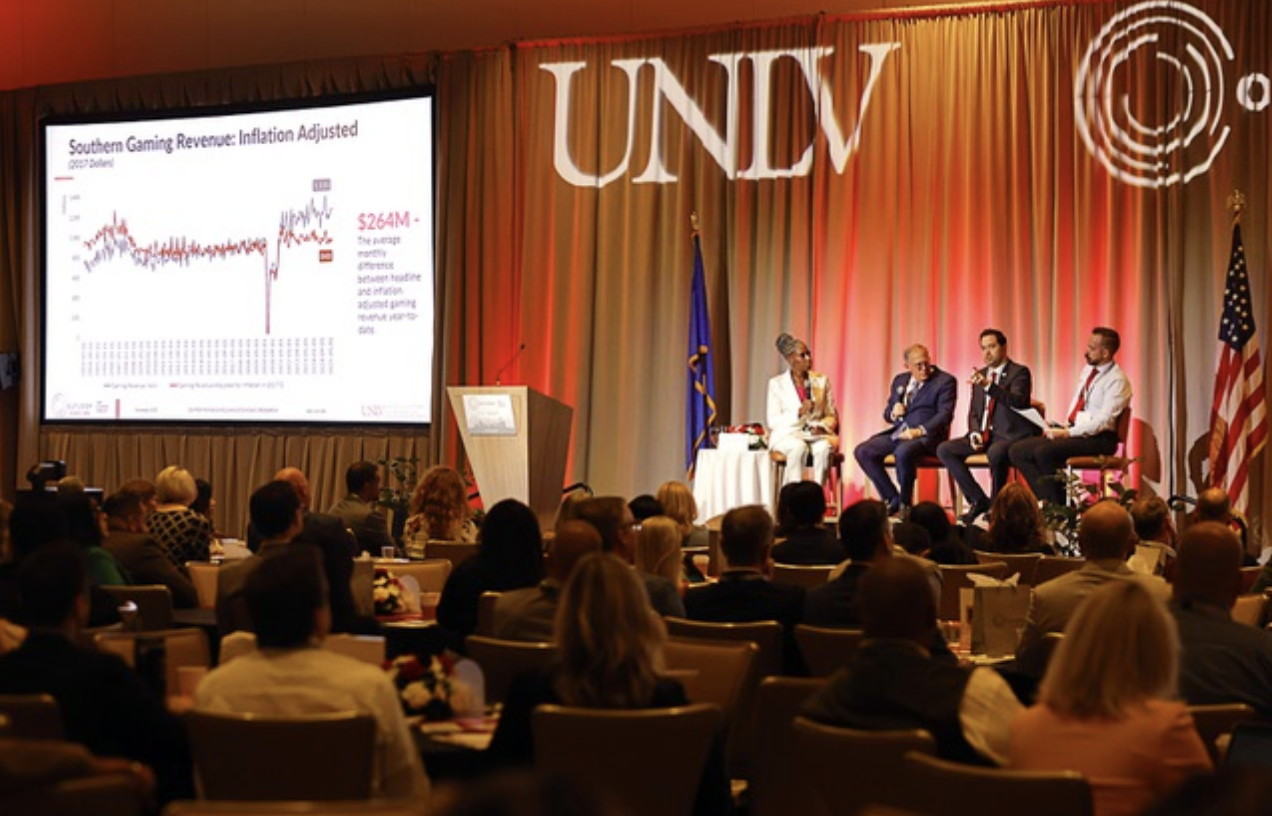
A new report from UNLV’s Center for Business and Economic Research highlights how Nevada led the nation in small business growth following the pandemic, offering insight into the state’s economic recovery.

Stephen Miller, research director at UNLV’s Center for Business and Economic Research, notes that capping credit card interest rates could have unintended consequences, including reduced consumer spending.